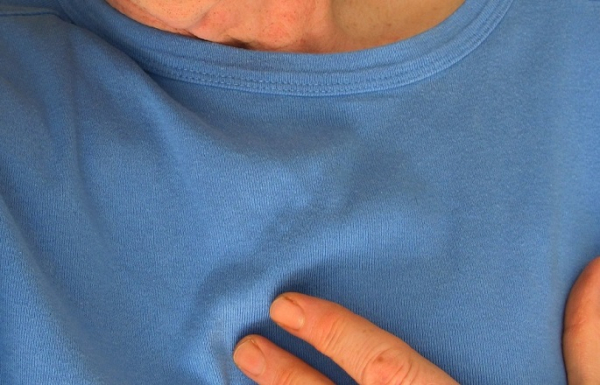Cardiac arrest survivors face brain injury risk: study

An international study is underway at the Helsinki-Uusimaa Hospital District (HUS) to improve the chances of cardiac arrest survivors recovering with minimal damage, said HUS in a press release on Tuesday.
“Patients who survive cardiac arrest are often critically ill and require intensive care. We are studying the impact of temperature control, blood pressure regulation, and sedation depth on patient outcomes,” said Markus Skrifvars, acting professor of intensive care medicine and physician-researcher of HUS.
Cardiac arrest is one of the most serious health threats and can occur completely unexpectedly. In Finland, the incidence of out-of-hospital cardiac arrest is about 50 cases per 100,000 inhabitants per year.
“We treat 120 cardiac arrest patients annually in HUS intensive care units,” said Skrifvars.
Although resuscitation techniques have advanced, only a small proportion of patients survive – globally, just one in ten patients who suffer cardiac arrest are discharged from the hospital.
At HUS, the situation is more promising: as many as 40–50 percent of patients are discharged in good condition.
Skrifvars’ research group from HUS Acute and HUS Perioperative and Intensive Care Units is participating in the international STEPCARE study, which aims to improve treatment for cardiac arrest patients and prevent brain injury.
Researchers seek the best outcomes by adjusting body temperature, blood pressure, and sedation levels
Previous studies have shown that cooling the body below normal temperature does not improve prognosis, but preventing fever may be beneficial.
STEPCARE is investigating whether active fever control using a cooling device in the early stages of intensive care is helpful. Cooling devices have been used for 20 years without clear evidence of their benefit.
Regarding blood pressure, researchers want to determine whether maintaining a higher mean arterial pressure could improve brain perfusion and thus patient recovery. Higher blood pressure may also enhance coronary blood flow and reduce heart muscle damage. However, medications used to raise blood pressure can have side effects.
“Current treatment guidelines are based on limited evidence, and with this study, we aim to provide much-needed additional data,” said Skrifvars.
Deep sedation may protect the brain and facilitate care, but it also carries risks such as delirium and prolonged recovery. The study seeks to identify the optimal level of sedation after cardiac arrest.
The STEPCARE study is an internationally significant project that could change treatment practices for cardiac arrest survivors and improve their chances of survival and recovery. The large-scale international study involves hospitals and researchers from Finland, Sweden, Denmark, the United Kingdom, Australia, and New Zealand.
Sixty intensive care units are participating. So far, 2,100 patients have been enrolled out of the planned 3,500. The study will be the largest ever conducted on intensive care for cardiac arrest patients. Results are expected in summer 2027.
- cardiac arrest
- Brain
- Injury
Source: www.dailyfinland.fi
